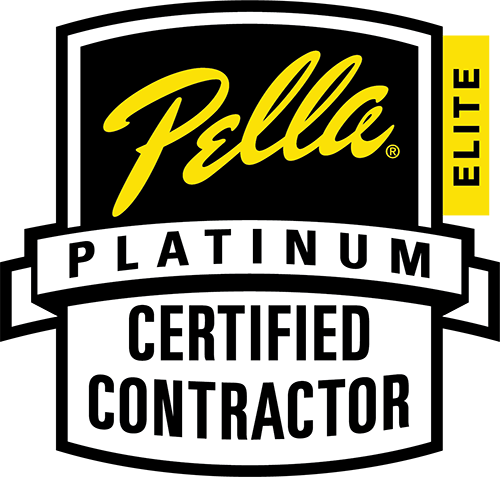How Soundproof Windows Can Help You Sleep Better At Night
Apr 02, 2024Wouldn’t it be great if everyone went to bed at the same time as you?
Unfortunately, it’s a 24/7 world—which means your quiet time might be someone else’s a busy time. And that can lead to unwanted noise.
Recently, we worked with a customer who owns a lovely newer townhome. It’s near a rail line; in fact, his bedroom backs right up to the tracks. Noise from passing trains was keeping him, as well as his children, up at night.
He brought us a question: Could we help him make his home more soundproof? It’s not the first time we’ve been asked that. Although his issue was train noise, in other communities customers have to deal with loud street sounds or highway hubbub, or airplanes landing and taking off.
Let’s face it: Noise is noise. And if you can’t relax, you can’t relax.
Finding the Sounds of Silence
Historically, we’ve offered customers two options for noise reduction. One is a window using triple-pane glass; the other is a window with laminated glass. Both offer benefits, but both fall a little short of completely managing sound leakage.
In looking for an answer for this customer, we tried something new, at his urging. This client already had triple-pane windows installed, because that is what had come with the building. So we knew that wasn’t the answer. Fortunately, Pella offers window products with improved noise reduction features. It’s not just the glazing that affects sound transmission; it’s also the window frame. Pella’s Impervia Series features fiberglass frame construction, which deadens sound compared to metal frames. We then ordered double-hung Impervia dual-pane windows glazed with STC-rated insulating glass. Something to note: Each pane in these dual-pane windows is a different thickness. The exterior glass is 3mm thick while the interior pane is 5mm thick. That level of thickness makes a big difference in how much sound the windows stop.
What does that “STC” rating mean? The window industry uses two measures to evaluate sound permeability. One is Sound Transmission Class (STC). The other rating is Outdoor-Indoor Transmission Class (OITC). STC ratings tend to look at higher-frequency noise, which is stuff like human voices, computer equipment, and so on. OITC ratings include lower-frequency as well as higher-frequency sounds. Noise in the lower-frequency band is much harder to screen out, but it’s also the stuff that can feel more intrusive, like construction equipment, traffic, and so on.
Currently, it’s not uncommon to see both ratings posted for a product. The OITC number was designed to classify acoustics in exterior applications, while the STC rating was intended to evaluate interior partitions. So the OITC number is probably going to be the standard number in the future. If you see it, it tends to be a few points lower than STC rating on the same product, but it’s still a good sign.
Silence May Be Golden, But That Doesn’t Make It Expensive
The good news? Ordering and installing these windows was no different than getting regular replacement windows. Having special STC glass in the frames only added a little extra to the price. Otherwise, these noise-reducing windows looked the same, worked the same, and were installed the same as other replacement windows. In other words, homeowners don’t need to make a big whoop-dee-doo if they want to enjoy a higher level of peace and quiet in their homes. The products to help are readily available, no matter where they live.
How Can We Help?
At McCann Windows & Exteriors, we care about the beauty and functionality of your home. We also care about you, and how well your space is working for you and your family. After all, like you, your house should always look and feel great.
Please give us a call if we can be of service. We’re ready to help and estimates are free. We like solving problems such as helping you sleep better at night. Because when you’re a satisfied customer, we sleep better, too.
Please contact us here online (free consultation form) or call (847) 892-4071.














